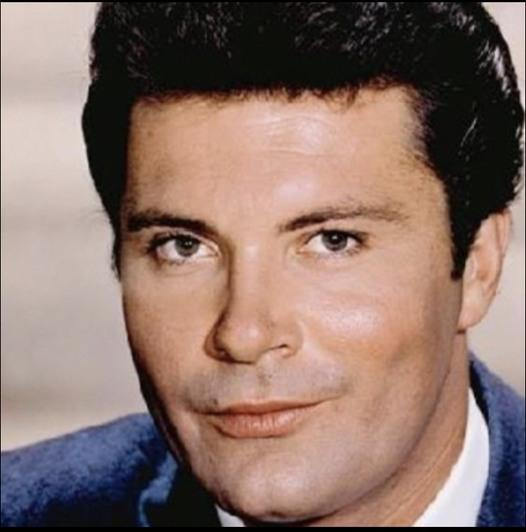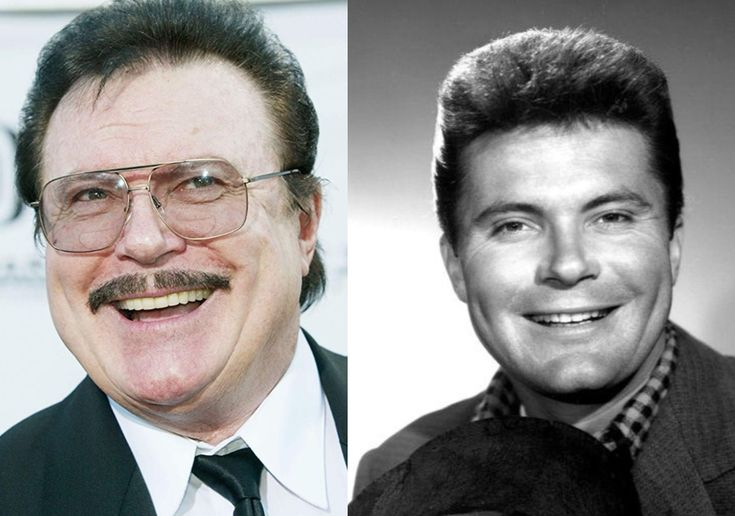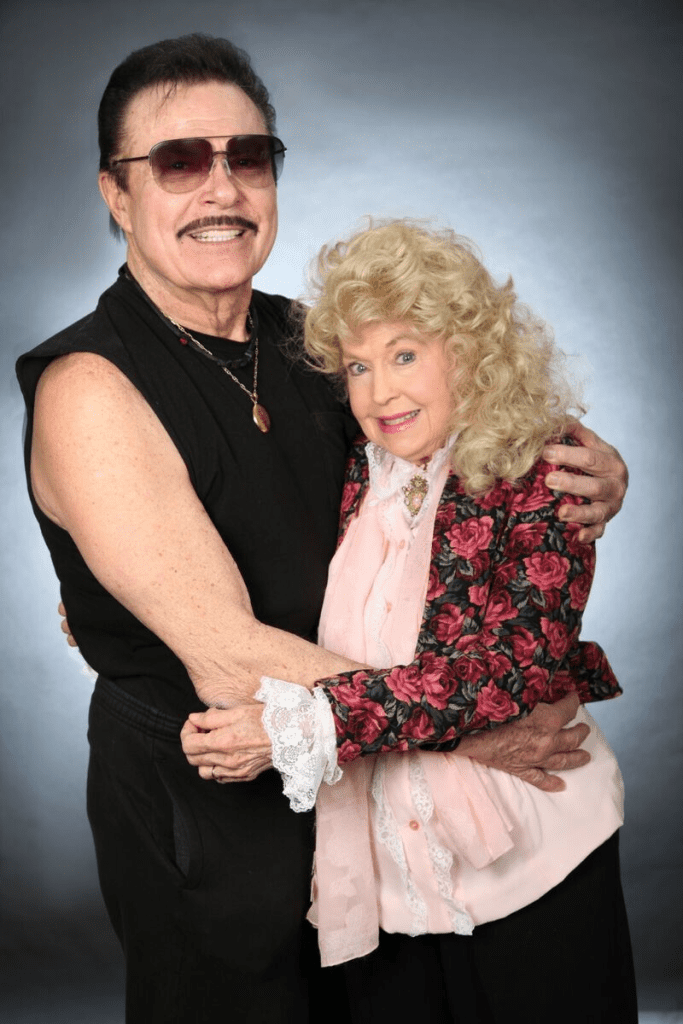When The Beverly Hillbillies hit American television screens in 1962, nobody knew just how massive it would become. What started as a fish-out-of-water sitcom quickly turned into a pop culture phenomenon. And at the center of it all was a character who stole nearly every scene—Jethro Bodine, played with charm and unshakable comedic timing by Max Baer Jr.
Jethro wasn’t just funny—he was unforgettable. He dreamed big (brain surgeon, spy, Hollywood star), always with that wide-eyed confidence that made viewers laugh out loud. But here’s the kicker: Max Baer Jr. made Jethro so real, so iconic, that it became both his biggest blessing and his toughest curse.

Typecast by Success: The Jethro Dilemma
It’s the oldest trick Hollywood plays: you nail a role so well, they won’t let you do anything else. For Baer, that meant years of doors closing. Producers saw Jethro, not Max. No matter how versatile or talented he was, he couldn’t escape the shadow of those overalls and that thick Southern accent.
Most actors would’ve faded quietly into obscurity. Not Max. Instead of waiting for a different role, he wrote a different story. He turned rejection into redirection—and that move made all the difference.
Video: Max Baer Jr. Is the Last Beverly Hillbillies Cast Member Still Alive
A Sharp Pivot: From Actor to Filmmaker
In the 1970s, Baer made a bold leap into filmmaking. He didn’t just act—he took on producing and directing too. And guess what? He crushed it.
His breakout behind-the-camera hit was Macon County Line, a gritty drama made on a shoestring budget of $225,000. The film shocked everyone when it raked in over $30 million at the box office. Not bad for a guy Hollywood had almost forgotten.
This success wasn’t luck—it was strategy. Baer knew how to work with limited resources, build suspense, and deliver stories people actually wanted to see. He proved that he wasn’t just a sitcom star—he was a serious creative force.
Turning Nostalgia Into a Business Plan

Max Baer Jr. didn’t just cash in on old glory—he used it as capital. Seeing untapped value in The Beverly Hillbillies brand, he acquired the rights to the show’s trademarks and set out to build an empire. Think casinos, themed restaurants, and entertainment venues all built around the show’s lovable backwoods charm.
Even though not every venture made it to the finish line, the vision was groundbreaking. He wasn’t just banking on people’s memories—he was creating immersive experiences around them. Baer saw what others didn’t: nostalgia isn’t just emotional—it’s profitable.
Behind the Laughs: A Business Mind at Work

Let’s be clear—Baer’s reinvention wasn’t accidental. He read the landscape. He adapted. And he invested in himself.
He didn’t have big studios backing his moves. What he had was grit, business savvy, and a crystal-clear understanding of what people love. He tapped into the American appetite for both storytelling and sentiment, using it to fuel ventures that reached far beyond acting.
It wasn’t just about staying relevant. It was about building something sustainable, something that couldn’t be canceled after a season.
Jethro Lives On, But Baer Built Something Bigger
Video: The Life of Max Baer Jr & Sr Jethro Bodine The Beverly Hillbillies
These days, Max Baer Jr. lives a quieter life, far from the flashing lights of Hollywood. But his legacy? It’s still burning bright. Reruns of The Beverly Hillbillies air regularly, introducing new generations to Jethro’s antics. Fans still laugh, still quote his lines, and still feel that warm, nostalgic glow.
Yet what’s most inspiring isn’t what Baer did on camera—it’s what he did after the cameras stopped rolling. He didn’t get bitter. He got better. He used what he had and built what he wanted.
The Power of Reinvention

Baer’s story isn’t just about comedy or television—it’s about resilience. When the industry tried to pigeonhole him, he broke free. When roles dried up, he created new ones. When fame faded, he turned to business and built a different kind of success.
And that’s the real takeaway here. Reinvention isn’t just possible—it’s powerful. Baer didn’t let one role define him. Instead, he used it as a launchpad to redefine what was next.
Conclusion: More Than Jethro, A True Hollywood Maverick

Max Baer Jr. might always be remembered first as Jethro Bodine—and that’s okay. It’s a role that brought joy to millions. But the real story? It lives in what came next.
He turned rejection into opportunity. He turned nostalgia into a brand. And he turned himself from sitcom star into a self-made businessman and filmmaker.
Baer’s journey proves something we all need to hear: you can always write the next chapter of your life—no matter how long it’s been since the last one ended.